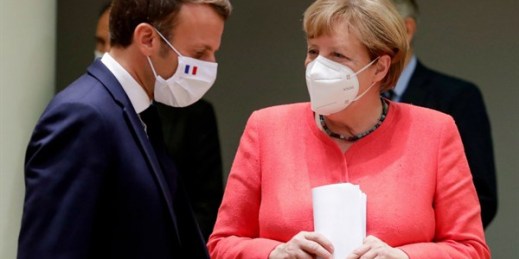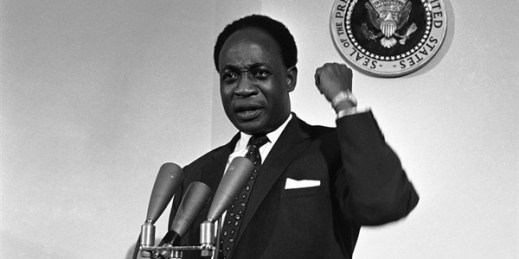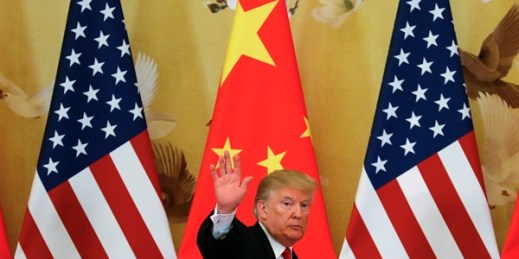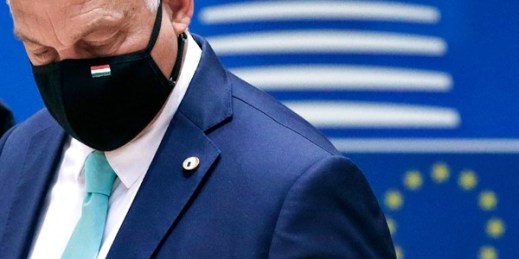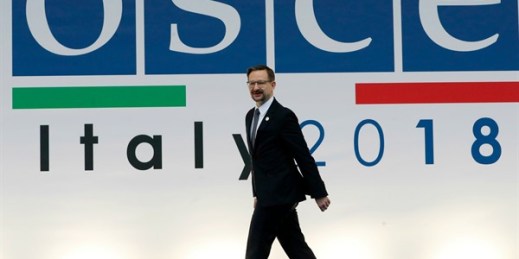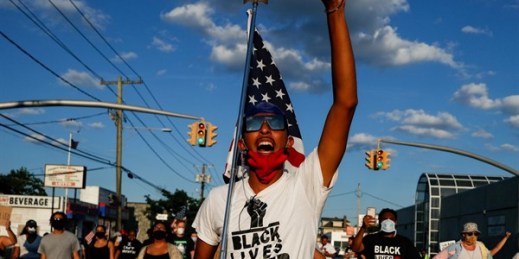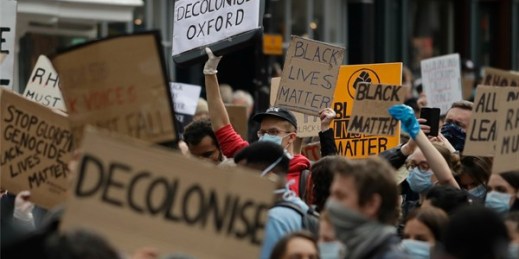
“From our vantage point, the transition from empire to nation in the 20th century appears inevitable,” writes the political theorist Adom Getachew. In the 30 years after World War II, membership in the United Nations expanded from 51 to 144 countries, an astounding transformation. But in her recently published book, “Worldmaking After Empire: The Rise and Fall of Self-Determination,” Getachew argues “against the standard view of decolonization as a moment of nation-building,” painting a picture of anti-colonial nationalist movements that sought not only to build independent states, but also to undo global structures of hierarchy and subjugation that had become […]

